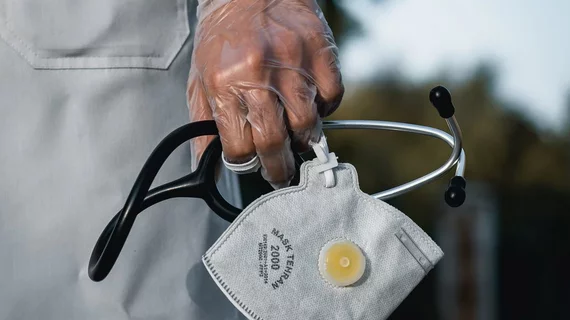Healthcare providers are ready for a second coronavirus wave
Healthcare providers are much more prepared to handle a second wave of COVID-19 patients, according to a recent survey from Advis of more than 100 leading healthcare executives.
Despite a majority of executives (65%) saying they are better prepared for a second wave in the fall or winter, there are still areas of concern across the healthcare industry. Specifically, executives are worried about patient volume, which significantly declined during the first half of the year as elective procedures were temporarily halted and Americans held off on routine care to reduce spread of the virus and risk of infection. About 75% of executives said a focus on restoration of patient volume will be their top initiative post pandemic.
Staffing issues and burnout rates are also top concerns, as well as the high costs of medical supplies and a shortage of some supplies. The vast majority of respondents said the financial impact of the pandemic is likely to lead to increased physician practice consolidation and increased hospital consolidation.
In addition, executives are taking are a harder look at their existing protocols, policies and practices, with 65% reexamining. COVID-19 particularly impacted minorities, underscoring that social determinants of health are significant factors that healthcare providers need to understand and work to address. Another 37% of providers said they are well engaged in the issue.
The pandemic also brought on a surge of telehealth, as patients were treated through phone and video calls with providers when appropriate to reduce virus exposure. Federal health agencies expanded telehealth benefits on a temporary basis to encourage more telehealth during this time. And nearly 85% of those surveyed said they wanted those benefits to stick around for good. Nearly 69% said they want to see an expansion of the types of practitioners that can bill Medicare for telehealth benefits, and about 79% said they want an expansion of services that can be provided via telehealth.
The findings come at a time when the number of cases in the U.S. continues to rise, reaching nearly 2.3 million cases as of June 22––far outpacing the number of COVID-19 cases anywhere else in the world.
As cases and deaths continue to rise, most executives (62%) said they didn’t think cancelling elective procedures and lockdowns are the appropriate response “given the progress the industry and population has made in understanding the virus.”

